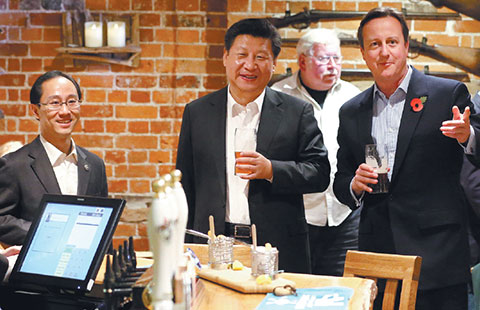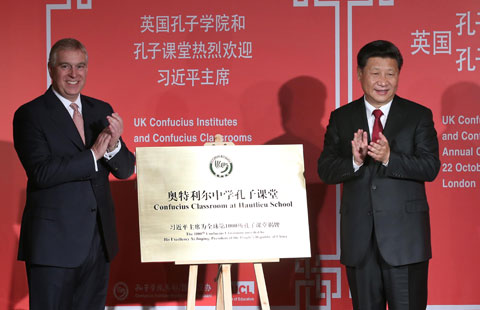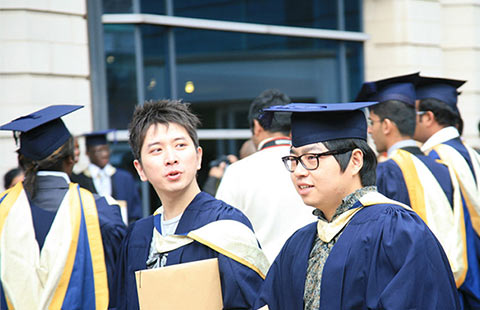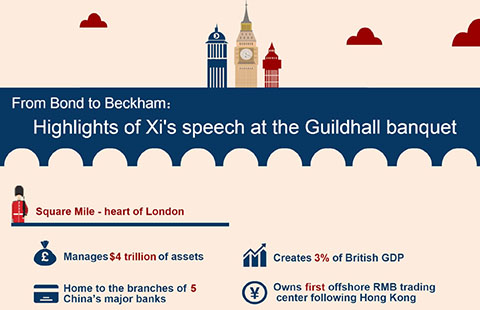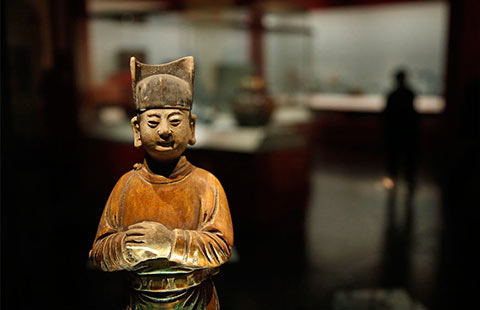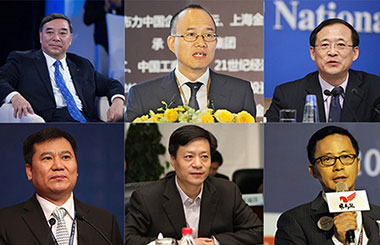
E. Asia should cooperate to overcome strife and regain momentum, senior official says
A senior Chinese official said neither Chinanor Japan benefits from increased tensions in the region and should strive to eliminate them through cooperation.
Fu Ying, chairwoman of the Foreign Affairs Committee of the National People's Congress, made the comments at a Saturday luncheon of the 11th semiofficial Beijing-Tokyo Forum, an annual gathering.
At the forum, which convened over the weekend, senior officials and policy insiders from both countries, including Fu, called for cooperation - rather than coercion - between the two largest Asian economies at a time when tasks are mounting, not decreasing.
Fu said that the East Asian cooperation of China, South Korea, Japan and the 10 ASEAN countries in recent years "has become less glamorous in comparison with the past", and that the major factor is "the disturbance brought by flaring regional disputes and the increased complexities prompted by US rebalancing to Asia, which high-lights security".
"A backward trend in the East Asian cooperation platform will undermine the competitiveness of the region, and neither China nor Japan would benefit from it," Fu said, calling for both sides to work together to push the region to "regain" momentum.
Former Japanese Prime Minister Yasuo Fukuda recalled the past year, saying that "the robust growth of Asia was overshadowed, the aging population is approaching the region while there is no major change of the hostilities within it".
The necessity and urgency of an increased collaboration between Beijing and Tokyo is more demanding than ever, and the two sides should take huge steps, Fukuda said.
"In particular, as for Japan and China, two major economic powers, it is ludicrous for them to be hostile to each other," Fukuda said.
Wei Jianguo, executive deputy director of the China Center for International Economic Exchanges and former vice-minister of commerce, noted that the economic and trade ties between China and Japan have worsened for three consecutive years.
In the first eight months of this year, the Japanese investment in China has dropped by 28.8 percent compared with the same period of last year, and bilateral trade in between has dropped by 10.9 percent, Wei said.
But Wei said he is optimistic, and suggested Japan grab the chances brought by China's Belt and Road initiative, the Asian Infrastructure Investment Bank and the high-speed railway market. Jiang Jianguo, minister of the State Council Information Office, has said that both sides "should always place priorities on eliminating the disturbances and damage imposed by various negative factors".
A "standoff could be easily triggered in the event of any indiscretion", as the two neighbors' profound history of exchanges is intertwined with sensitive historical and territorial issues, Jiang said, urging prudence to "guard against trouble making attempts by stand-alone forces, which are for their own interests", Jiang said.
Contact the writer at zhangyunbi@chinadaily.com.cn
(China Daily 10/26/2015 page4)
